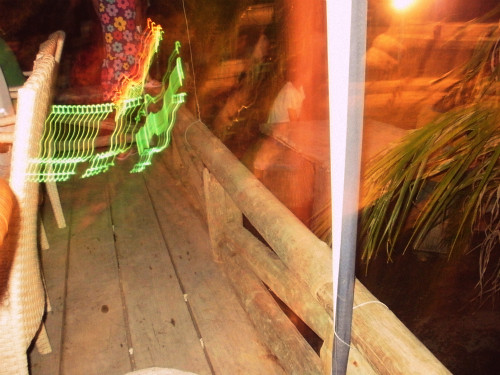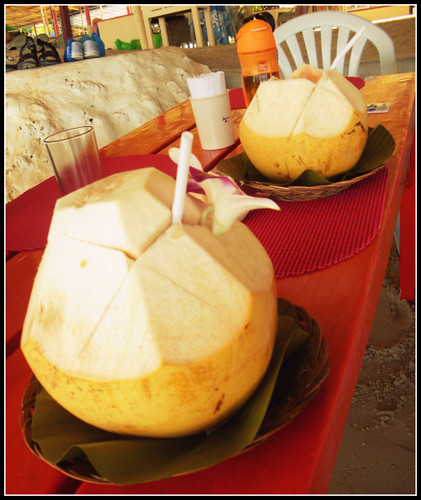The unedited version of this article, written by a Mr. James Soriano, originally appeared in Manila Bulletin.
"Language, lLearning, iIdentity, and pPrivilege"
English is the language of learning. I’ve known this since even before I could go to school. As a toddler, my My first study materials as a toddler were a set of flash cards that my mother used to teach me the English alphabet. (A set that must have been missing a dangling modifiers card.)
My mother made home conducive to learning English: all my storybooks and coloring books were in English, and so were the cartoons I watched and the music I listened to. She required me to speak English at home. She even hired tutors to help me learn to read and write in English.
In school, I learned to think in English. We used English to learn about numbers, equations, and variables. (Another James—Henry James—would have disapproved of the missing Oxford commas.) With it, (and again!) we learned about observation and inference, the moon and the stars, monsoons and photosynthesis. With it, we learned about shapes and colors, about meter and rhythm. I learned about God in English, and I prayed to Him in English.
Filipino, on the other hand, was always the ‘other’ subject—almost a special subject like PE or Home Economics, except that it was graded the same way as Science, Math, Religion, and English. My classmates and I used to complain about Filipino all the time. Filipino was a chore, like washing the dishes; it was not the language of learning. It was the language we used to speak to the people who washed our dishes.
We used to think that learning Filipino was important because it was practical: Filipino was the language of the world outside the classroom. It was the language of the streets: it was how you spoke to the tindera tindera (vendor) when you went to the tindahan tindahan (store), what you used to tell told your katulong katulong (maid) that whenever you had an utos utos (command), and how you texted manong manong (a hierarchal marker) when you needed “sundo na sundo na (to be picked up).”
These skills were are required to survive in the outside world, because we are forced to relate with the tinderas tinderas and the manongs manongs and the katulongs katulongs of this world. If we wanted to communicate to with these people—or otherwise avoid being mugged on in the jeepney—we needed to learn Filipino.
It was really only in at university that I began to grasp Filipino in terms of as a language and not just dialect (do you mean) a "lingua franca." Filipino was not merely a peculiar variety of language, derived and continuously borrowing from the English and Spanish alphabets; it was its own system, with its own grammar, semantics, sounds, even symbols.
Only recently have I begun to grasp Filipino as the language of identity: the language of emotion, experience, and even of learning. And with With this comes the realization that I do, in fact, smell worse than a malansang isda malansang isda. My own language is foreign to me: I speak, think, read and write primarily in English. To borrow the terminology of Fr. Bulatao, I am a "split-level Filipino."
But perhaps this is not so bad in a society of rotten beef and stinking fish. For while While Filipino may be the language of identity, it is still/also (just helping you out here) the language of the streets. It might may have the capacity to be the language of learning, but it is not the language of the learned. (It was the language of Jose Rizal, though—one of the twenty-two that he allegedly used.)
It is neither the language of the classroom and the laboratory nor the language of the boardroom, the court room courtroom (a compound word—thank you, Cory, for the reminder!), or the operating room. It is not the language of privilege. I may be disconnected from my being Filipino, but with a tongue of privilege I will always have my connections.
So I have my education to thank for making English my mother language.
Editor's note: I hope that your education taught you the meaning of the word "asshole", because you'll have to forgive me for being one to you. Now go ask your mother for a new set of flash cards.
Editor's note: I hope that your education taught you the meaning of the word "asshole", because you'll have to forgive me for being one to you. Now go ask your mother for a new set of flash cards.


